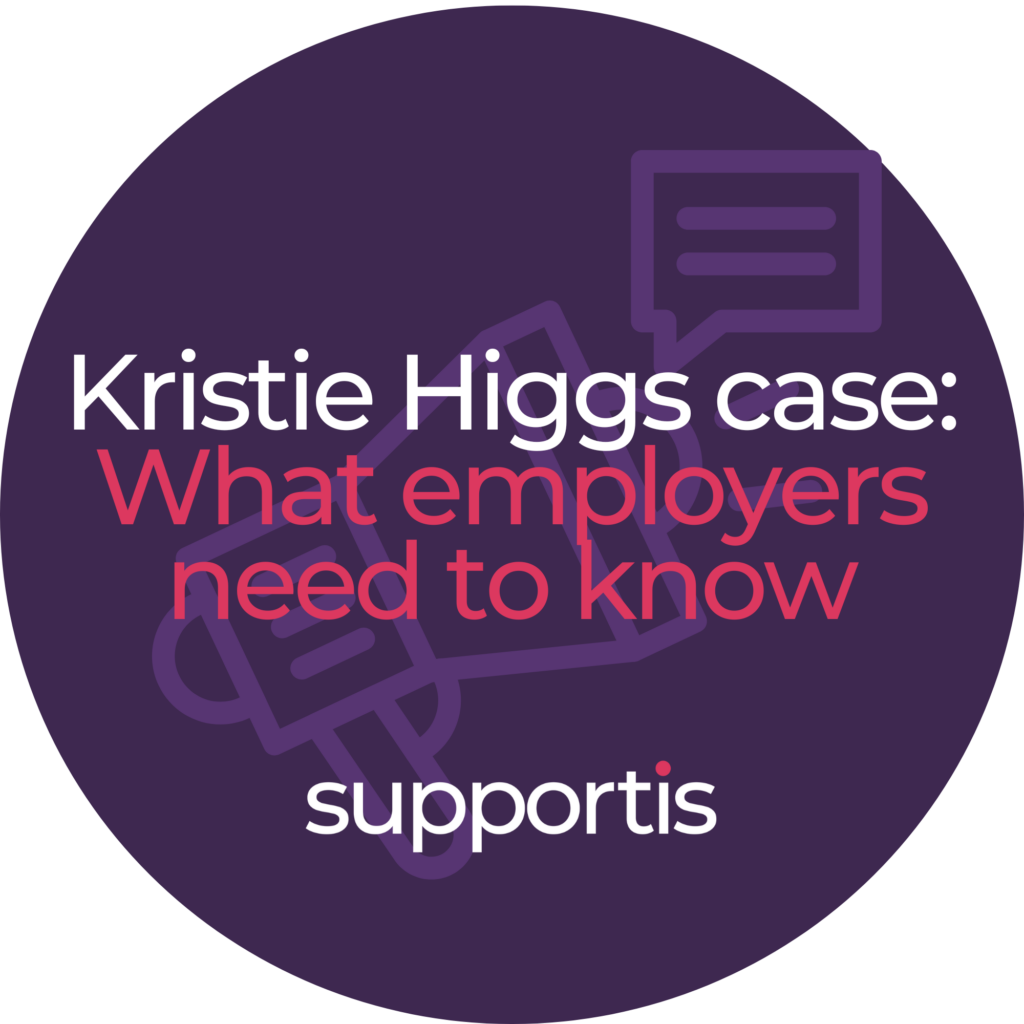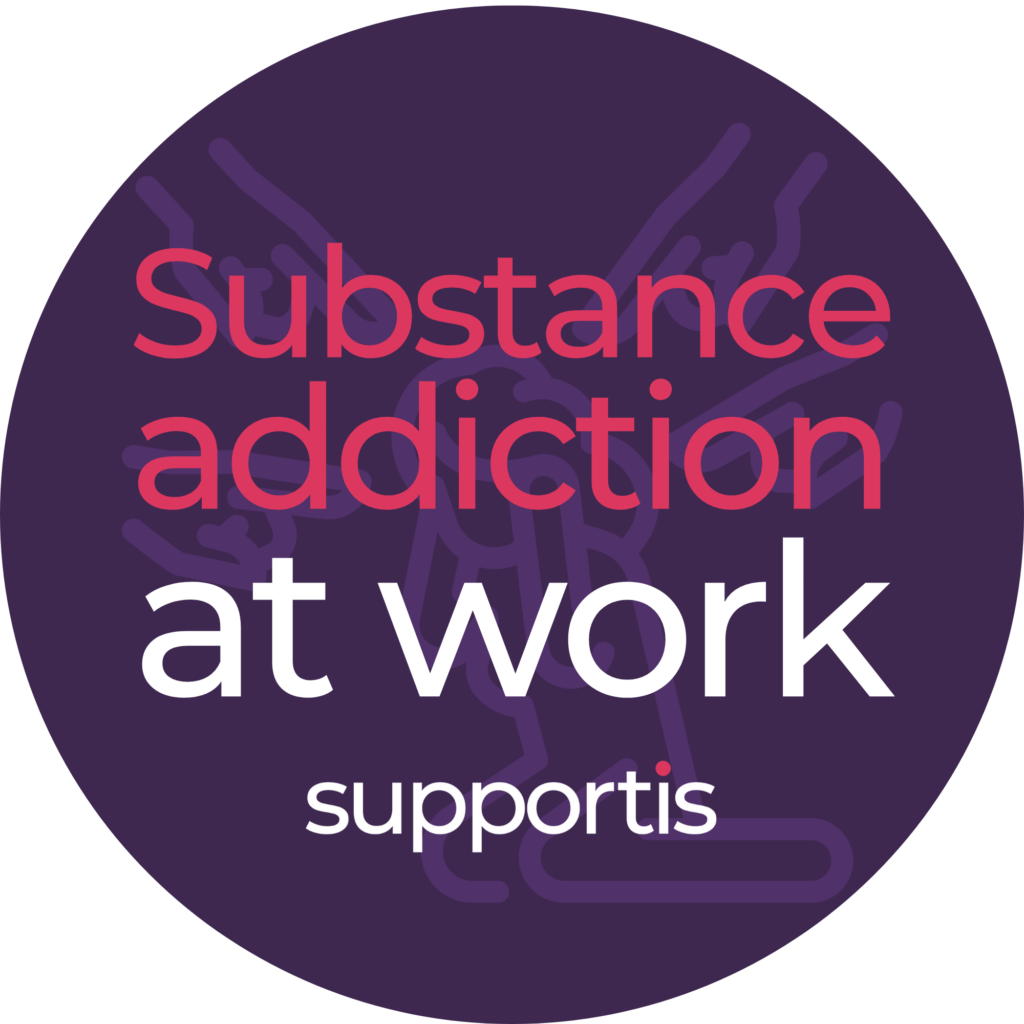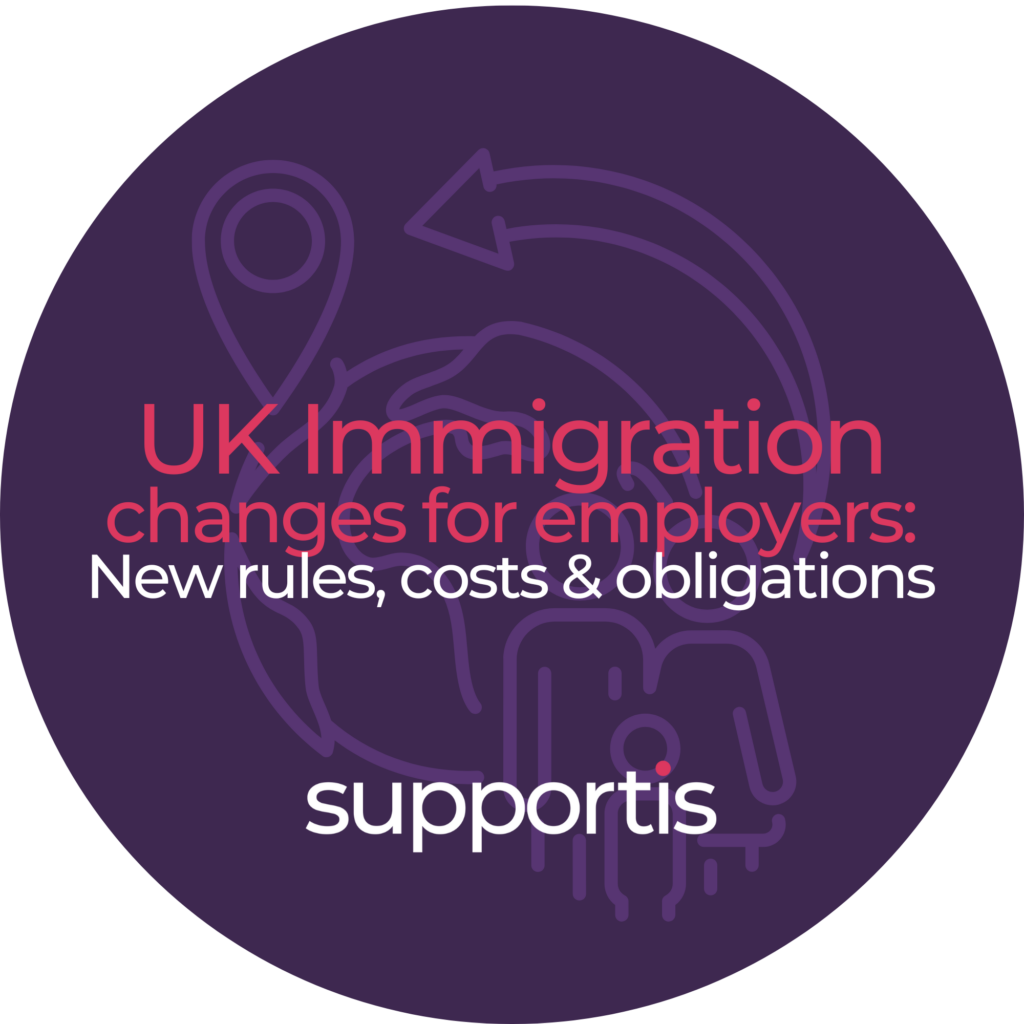Summary of the High-Profile Tribunal Case
Abbie Garner, a commis chef at Thorpe Hall Leisure, a distinguished four-star hotel, was awarded £13,000 for disability discrimination after being dismissed following a public outburst of swearing. In August 2023, Garner was widely overheard by numerous staff and guests shouting expletives at a colleague, Dylan Bolt, with whom she had previously been in a relationship. The argument itself stemmed from Bolt having reportedly slept with one of Garner’s friends, and the volatile exchange occurred within a public corridor frequently used by hotel guests, linking the spa reception and sunbathing area.
The company’s disciplinary policy explicitly listed aggressive behaviour and excessive bad language as examples of gross misconduct, also stipulating that employees were expected to act courteously in front of customers and colleagues. Although Garner’s behaviour had been rated as good in an earlier appraisal in February 2023, it was concurrently noted that her mood could occasionally dip and she sometimes struggled with accepting criticism. Crucially, Garner had previously informed her employer about her ongoing struggles with poor mental health, specifically anxiety and depression, and had recently returned from a period of sick leave in June and July 2023 for these very issues, confirming she was taking medication to support her mental health.
Following multiple guest complaints about the outburst, Thorpe Hall Leisure engaged its HR consultants to conduct an investigation, who advised that the incident could indeed amount to gross misconduct. At the subsequent disciplinary hearing, Garner was perceived by the tribunal as downplaying the incident and refusing to acknowledge its significant impact. She was consequently dismissed from her employment, and her subsequent appeal was ultimately unsuccessful as she failed both to provide specific grounds for it and to attend the scheduled appeal hearing in September.
However, the East London Employment Tribunal ultimately found that while Thorpe Hall was justified in dismissing her to protect its legitimate aims of preserving its reputation and maintaining professional standards, it had crucially failed to make reasonable adjustments for Garner’s anxiety, which was determined to be a disability. The tribunal concluded that her inability to control her anger and attitude during the disciplinary meeting was a direct consequence of her disability. Furthermore, the tribunal highlighted the company’s failure to obtain a comprehensive medical report on Garner’s condition as a specific act amounting to discrimination based on disability. Consequently, she was awarded £13,500, with £11,000 of this sum specifically allocated to reflect the injury to her feelings.
Employer Essentials: Managing Staff with Disabilities in the Workplace
This particular case highlights the critical importance for employers to fully understand and meticulously fulfil their legal obligations, particularly concerning disability and mental health within the workplace. Employers must firmly recognise that:
Mental health conditions such as anxiety and depression, especially if they are long-term and significantly impact an individual’s daily activities, are highly likely to be considered disabilities under the Equality Act 2010. This legal classification automatically triggers an employer’s duty to consider and implement reasonable adjustments.
An employee’s behaviour, even if it appears to constitute gross misconduct, may in fact be a direct manifestation or a consequence of their disability. Therefore, employers cannot simply proceed with dismissal without thoroughly exploring this crucial link.
Furthermore, employers have a proactive duty to actively consider and implement reasonable adjustments for disabled employees, which might involve adjusting standard disciplinary processes, offering different forms of support tailored to their condition, or even mandating the acquisition of professional medical advice before making final decisions.
The reliance solely on an employee’s self-reporting or making assumptions about their health is insufficient; employers should, with the employee’s explicit consent, seek professional medical reports, perhaps from an occupational health specialist or their General Practitioner, to thoroughly understand the nature of the condition, its specific impact on the employee’s ability to perform their job, and to identify potential reasonable adjustments.
Failing to take this crucial step can unequivocally be deemed discriminatory. While employers undoubtedly possess the right to uphold professional standards and protect their business reputation, this right must be carefully balanced against their unwavering obligations under disability discrimination law. Dismissal may still be justified for gross misconduct, but only if all reasonable adjustments have been genuinely explored and the ultimate decision is demonstrably non-discriminatory.
It is also important to consider that an employee’s behaviour during a disciplinary hearing itself can be profoundly influenced by their disability; employers therefore need to be acutely mindful of this and ensure the entire process is fair, accessible, and potentially includes adjustments to the meeting format or provides additional support beyond a colleague or union representative if required due to their specific condition.
HR and Employment Law Tips: Ensuring Compliance and Support
To effectively mitigate legal risks and ensure continuous compliance when managing staff, particularly in situations potentially involving disability, employers should implement the following HR and Employment Law tips:
It is imperative to develop robust and easily accessible policies for disciplinary actions, grievances, and equal opportunities, ensuring they are clear, comprehensive, and readily available to all staff. Crucially, these policies should explicitly reference the employer’s unwavering commitment to supporting employees with disabilities and their responsibility for making reasonable adjustments.
Additionally, investing in comprehensive training for line managers and HR personnel is essential, equipping them with the knowledge to accurately recognise the signs of mental health issues, understand their fundamental duty of care, and know precisely when and how to seek specialist advice, such as through occupational health referrals. This training should encompass sensitive communication techniques and a thorough understanding of the reasonable adjustments duty.
Employers should also foster an open and supportive culture where employees feel genuinely comfortable disclosing health issues; when an employee indicates a health problem, especially concerning mental health, a supportive dialogue should be initiated to understand its precise impact on their work and to proactively explore potential adjustments.
Furthermore, if there are any concerns that an employee’s behaviour or performance may be linked to a health condition, it is paramount to always seek objective medical advice with the employee’s consent; this report should meticulously clarify the diagnosis, its specific impact on the employee’s ability to perform their job, and recommend suitable reasonable adjustments, as this step is absolutely critical for informed decision-making and for defending against potential discrimination claims.
Meticulous documentation of all communications, meetings, medical reports requested or received, adjustments considered and implemented (or the justified reasons for not implementing them), and all disciplinary proceedings is also essential, as good record-keeping provides vital evidence should a claim arise.
During a disciplinary process involving an employee with a known or suspected disability, it is crucial to consider implementing reasonable adjustments; this could involve allowing more time for proceedings, providing information in different formats, or allowing a support person to be present beyond a colleague or union representative if required due to their condition.
Employers must also vigilantly avoid making assumptions; do not assume an employee is being difficult or uncooperative if their behaviour changes without first considering if it could be a direct manifestation of an underlying health condition. Finally, for any complex or high-risk cases involving potential disability discrimination, it is always advisable to seek early and expert advice from an employment law specialist; this proactive step can significantly help in navigating the intricate nuances of such situations and ensure that all legal obligations are diligently met.
By proactively managing mental health and disability in the workplace with both empathy and strict adherence to legal duties, employers can effectively avoid costly tribunal claims and cultivate a more inclusive, supportive, and ultimately, more productive working environment.
How can Supportis help your business?
Navigating the intricate landscape of employment law, particularly when managing sensitive cases involving disability discrimination and employee conduct like the recent “swearing chef” ruling, can present significant challenges for employers. To ensure your HR and employment practices remain legally compliant and robust against potential claims, expert guidance is invaluable. Don’t hesitate to contact Supportis on 0161 603 2156, or at [email protected].




